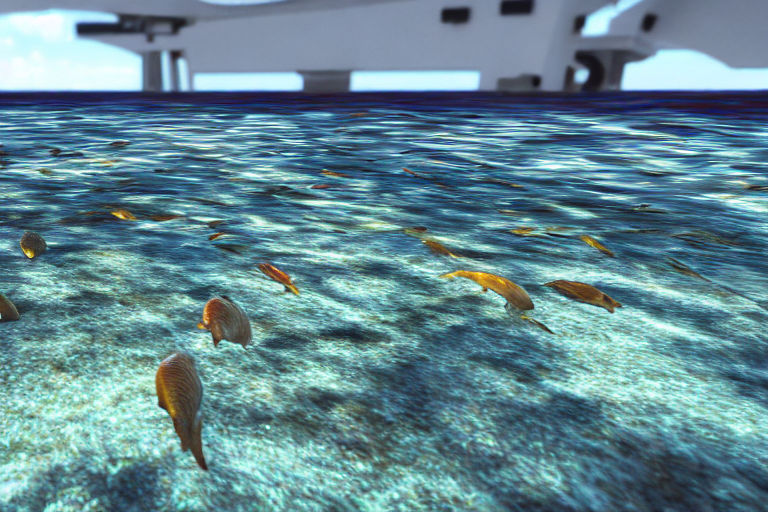Sustainable Fishing: How Coastal Communities Can Maintain Fish Stocks While Protecting the Environment
Fishing is a vital source of food, livelihood, and income for many coastal communities around the world. However, overfishing has become a serious problem, causing depletion of fish stocks and harming the environment. Sustainable fishing offers a solution that aims to balance the needs of the fishing industry with ecological conservation.
The Importance of Sustainable Fishing
Sustainable fishing refers to a fishing practice that allows fish stocks to replenish and maintain themselves as well as protect the ecosystem and biodiversity. This type of fishing has many benefits including:
- Long-term economic benefits for coastal communities
- Better food security for the entire population
- Preservation of marine ecosystems and biodiversity
- Reduced greenhouse gas emissions and pollution
- Protection of endangered species and habitats
Principles of Sustainable Fishing
There are several key principles that guide sustainable fishing practices:
- Monitoring and managing fish stocks: The amount of fish taken from the ocean should never exceed the ability of fish stocks to replenish themselves.
- Protecting the ecosystem: Fishing practices should not harm the environment, including habitats and non-targeted species.
- Reducing waste: Bycatch, or unwanted fish caught in the process, should be minimized, and fishermen should use efficient fishing techniques to minimize waste.
- Respecting laws and regulations: Fishing laws and regulations should be enforced, and fishermen should comply with established fishing quotas and regulations established for their area.
Examples of Sustainable Fishing Practices
There are several sustainable fishing practices that coastal communities can adopt to ensure a better future for their fishing industry and environment:
- Setting fishing quotas: This involves setting a limit on the amount of fish that can be caught during a fishing season to avoid overfishing.
- Using selective gear: This involves using fishing gear that targets specific fish species, reducing the likelihood of catching non-target species.
- Protecting marine habitats: This involves designating certain areas as marine conservation areas where fishing is restricted or prohibited to allow impacted habitats to recover
- Encouraging responsible fishing practices: This involves training fishermen on responsible fishing practices, including proper handling and disposal of bycatch and the use of eco-friendly fishing gear.
Conclusion
Sustainable fishing practices have become increasingly important in recent years in protecting marine ecosystems and ensuring the continued success of the fishing industry. By adopting sustainable fishing practices, coastal communities can maintain fish stocks while protecting the environment and ensuring long-term economic benefits for generations to come.



